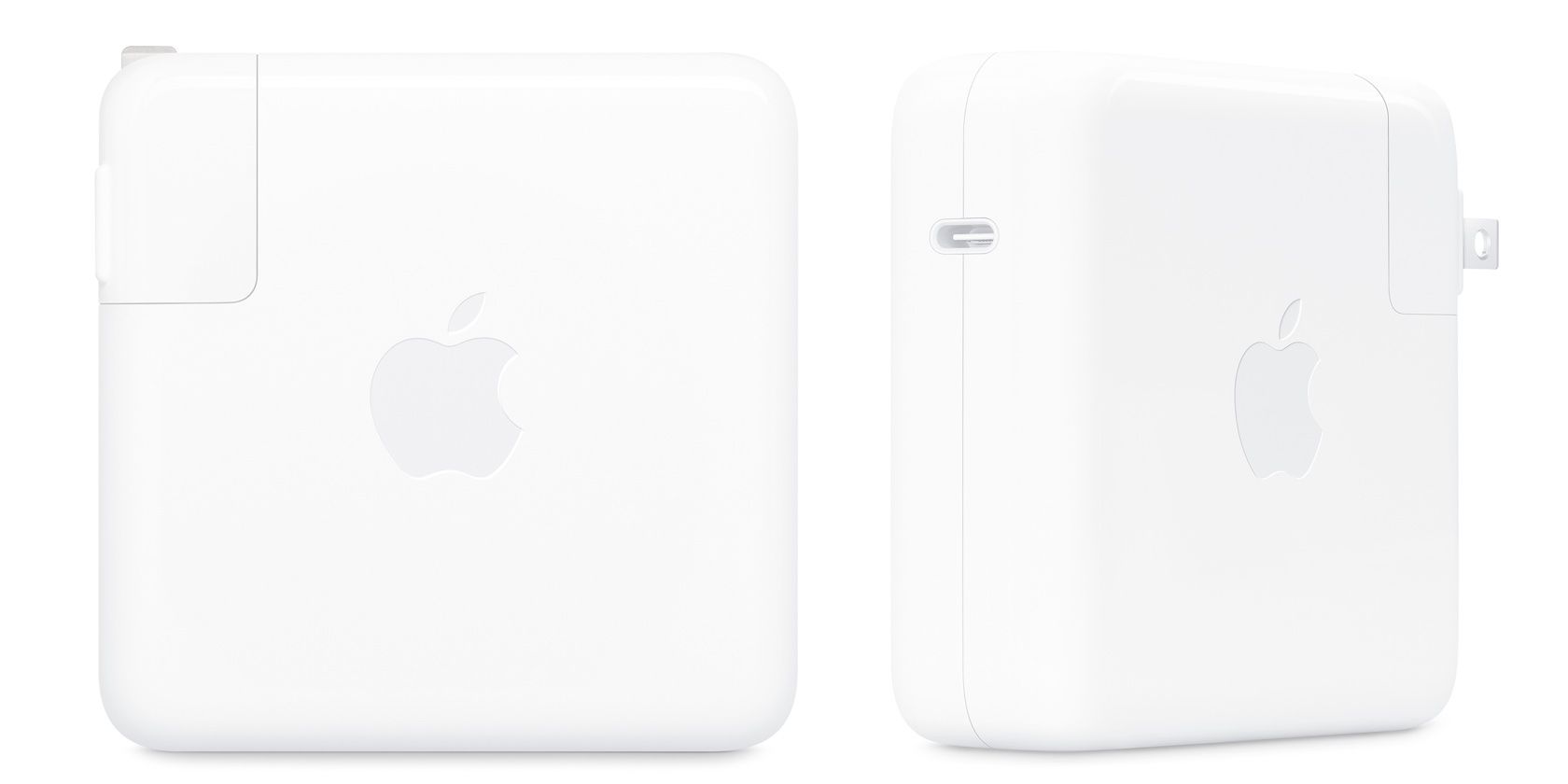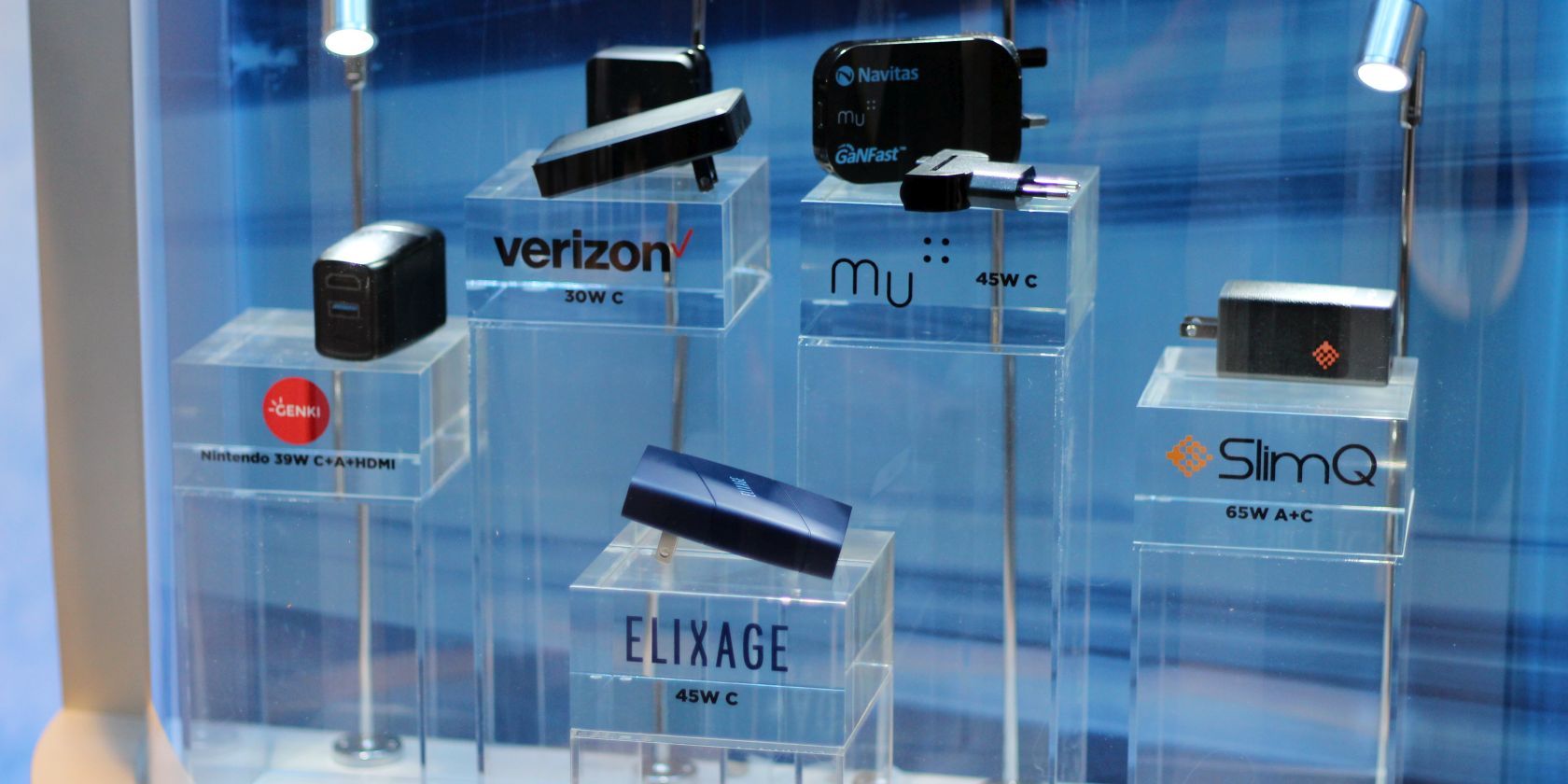Apple's power adapters are pretty bulky---too bulky!---compared with many third-party chargers that are available. However, that could change soon as Apple is rumored to be adopting GaN technology for much smaller, way faster USB-C chargers.
That's according to a new supply chain report from DigiTimes, a Taiwanese trade publication, which alleges that Apple may have tasked supplier Ireland-based Navitas Semiconductor with building a batch of smaller power adapters.
Apple’s Bulky Power Bricks Need to Go
These rumored accessories are thought to take advantage of tiny GaN chips that will allegedly be supplied by Taiwan Semiconductor Manufacturing Company (TSMC). To complete the picture, TSMC is the world's leading semiconductor foundry and a contract manufacturer that churns out Apple's in-house designed chips.
Citing unnamed industry sources, the DigiTimes report specifically mentions that Navitas is "expected to obtain orders from Apple and other vendors in 2021, with TSMC to supply GaN-on-Si chips." First orders are said to arrive in 2021, suggesting that Apple may start replacing its existing USB-C power adapters with the smaller GaN counterparts later this year.
No further details were provided. DigiTimes has had its fair share of both hits and misses when it comes to Apple rumors. The site is respected for its supply chain expertise, but its track record in terms of time frames could be better.
With that in mind, take this report with a pinch of salt.
How GaN Chargers Manage to Be Much Smaller
GaN stands for gallium nitride, which is a special semiconductor featuring faster switching speeds, higher thermal conductivity, lower on-resistance, and other perks. The material falls somewhere between a conductor and an insulator and is commonly used in third-party chargers from brands like Aukey, RAVPower, Chargeasap, and others.
And thanks to smaller, densely packed components, a GaN charger is delivered in a package that has a way smaller footprint than silicon-based chargers. All those advantages mean that power adapters based on GaN technology significantly outperform silicon-based devices.
GaN Is the Way Forward
With greater power efficiency and smaller footprints versus regular USB-C chargers, what's not to like about GaN power adapters? Apple will definitely make a step in the right direction should it choose to replace its USB-C power bricks with GaN chargers.
As of October 2020, the iPhone no longer ships with a charger in the box as part of Apple's commitment to protecting the environment. And replacing power-inefficient chargers that waste too much space in boxes with their much more compact counterparts may be the next stage of that effort.


